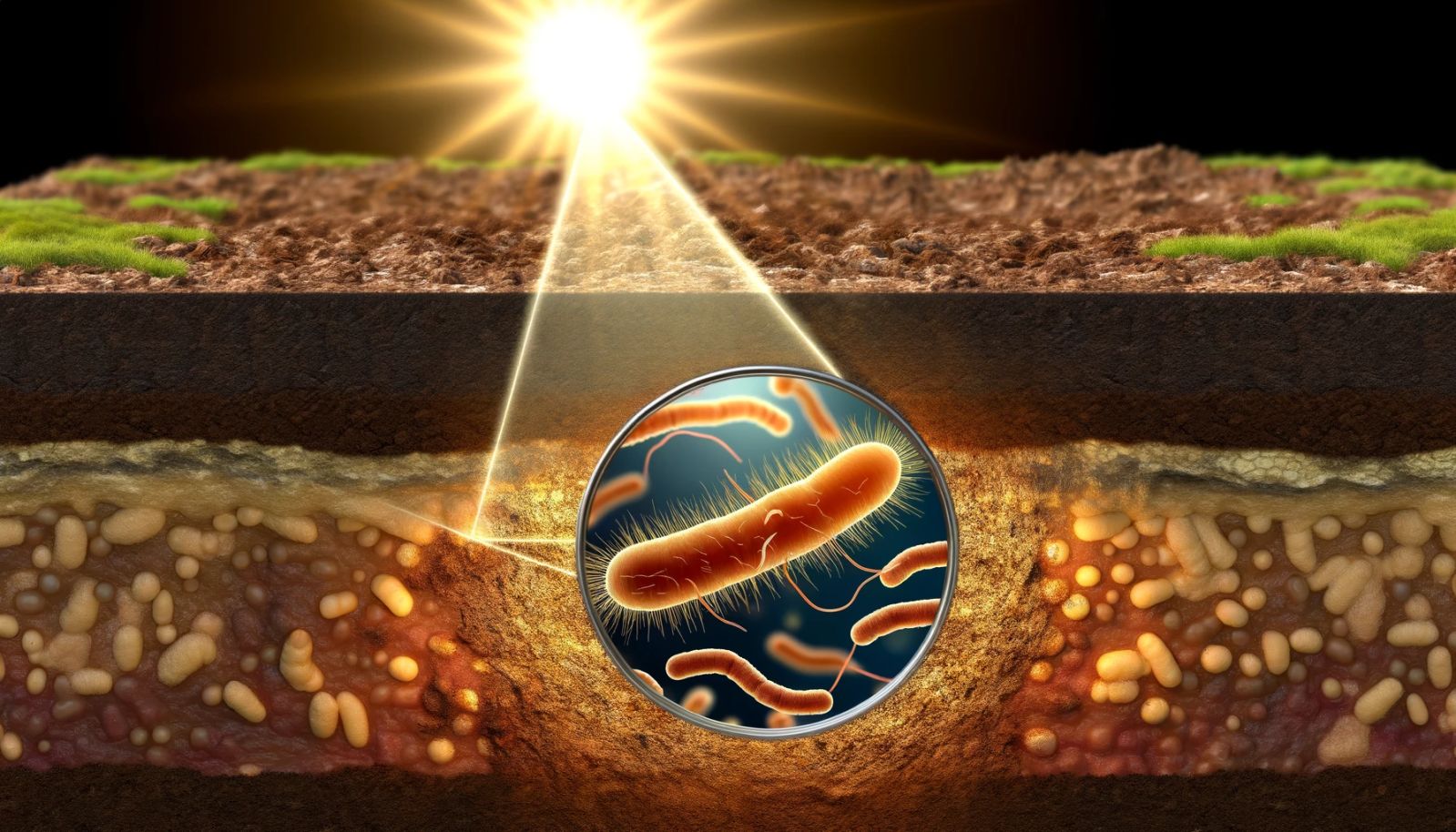Global warming activates dormant bacteria in the soil
Follow us on Google News (click on ☆)
Until now, the scientific community believed that the warming of soils directly favored the proliferation of microorganisms, which increased the amount of carbon released into the atmosphere. However, the conclusions of this research reveal an as-yet unknown aspect: the increase in carbon emissions would not be directly linked to a faster growth of microbes under the effect of heat, but rather due to the activation of bacteria that were in a dormant state.

The soils, which constitute the Earth's largest reservoir of organic carbon, play a crucial role in the carbon cycle. Microorganisms break down organic matter, releasing carbon dioxide. Due to climate change, which ensures an increase in temperatures, it was expected that these microbial communities would emit more carbon dioxide, accelerating climate change through a process known as soil carbon-climate feedback.
The research project focused on a subarctic meadow in Iceland, exposed to natural geothermal warming for more than half a century, which led to an increase in soil temperatures. By using state-of-the-art isotopic labeling techniques to collect and analyze soil samples, scientists were able to compare the growth of different bacterial taxa under ambient and elevated temperature conditions.
The results were surprising: although soil warming resulted in an increase in microbial growth at the community level, the growth rates of microbes in the warmer soils were similar to those observed at normal temperatures. The significant difference lay in bacterial diversity: the warmer soils housed a more varied range of active microbial taxa.
This discovery changes our understanding of how soil microbial activities react to climate change, paving the way for more accurate predictions about microbial behavior and its effect on the carbon cycle in evolving climate scenarios. The information obtained is essential for predicting the impact of the soil microbiome on the future dynamics of carbon.